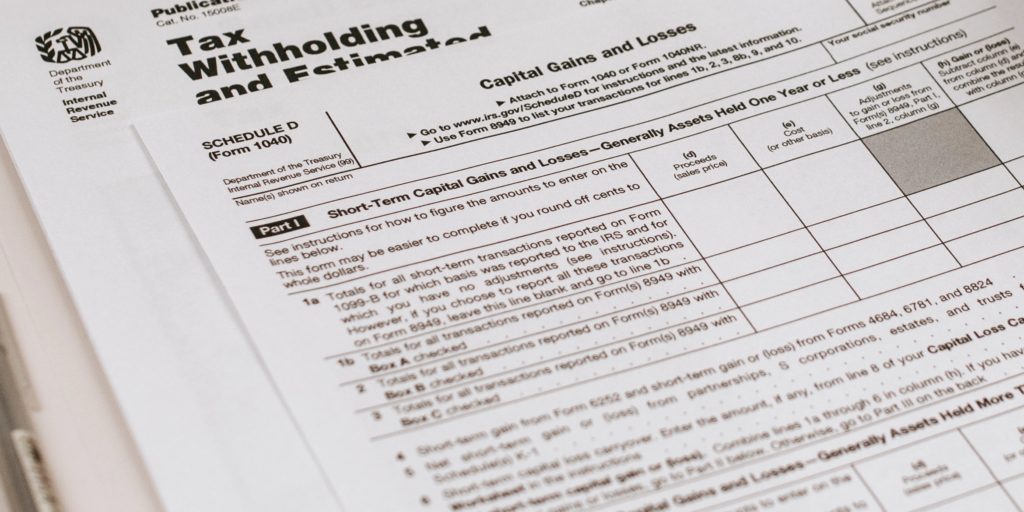Investment income all has tax implications, we cannot simply ignore taxes if we want to maximize our returns on investments. Taxes in general is complicated, so my goal is to educate myself with some of the most basic guidelines to help myself make better investment and trade decisions.
Some of the tax-efficient investment strategies I learned (and remember to write on here) are:
- Tax-efficient investments can go into taxable accounts, for example, municipal bonds, which generally have tax-free income, can be good in taxable accounts.
- Stocks are also tax-efficient in taxable accounts.
- Active stock funds (or mutual funds) with high turnover rate should go into tax-free accounts and tax-deferred accounts to minimize taxable income.
- Buy and hold, the less trading you make on your investments, and if you hold over a year, you pay capital gains at either 15% or 20%.
- Taxable bonds and bond funds should first go into a tax-advantaged accounts such as 401K and IRA. If there’s still room in those accounts, place actively managed stock funds there. And then, next is ETFs and index funds. Lastly, you can add individual stocks that you plan to hold long term over to those tax-advantaged accounts.
Investments best for taxable accounts vs tax-advantaged accounts
| Taxable Accounts Suited For | Tax-Advantaged Accounts Suited For |
|---|---|
| Stocks you plan to hold over a year | Stocks you plan to hold less than a year |
| Passively managed funds such as index funds, ETFs as well as international funds | Actively managed funds including mutual funds that may generate capital gains distributions and any high turnover funds |
| Tax-free bonds such as municipal bonds that are not subject to federal or state taxes | Taxable bonds and any high yield corporate bonds |
| Low yield money market and any qualified dividends from stocks | Real Estate Investment Trusts (REITs), Peer-to-peer (P2P) Lending |
| Certain commodities such as physical gold and silver ETFs |
Cost basis methods and the default method by brokerage
Also, did you know that by default the cost basis of your brokerage accounts are FIFO (First In First Out)? And, by default cost basis of mutual funds uses the average costs method but IRS allow you to change to actual costs method?
I used to sell all of the quantity of individual stock at a time (although I rarely sell since I trade long term) but most recently started to sell specific shares by lots. I can choose to sell shares with the highest costs and least gain first if I wanted to minimize tax for the year.
So to sell shares by lot, choose “sell specific” option when you trade instead of just the “sell” option. Depending on which brokerage you use, you can either change the cost basis method on your account online through their website or simply by giving them a call.

